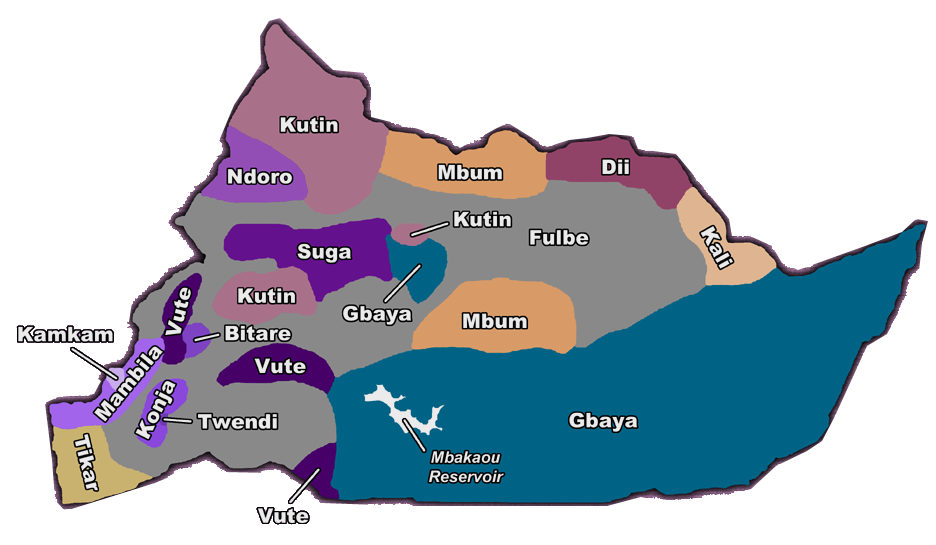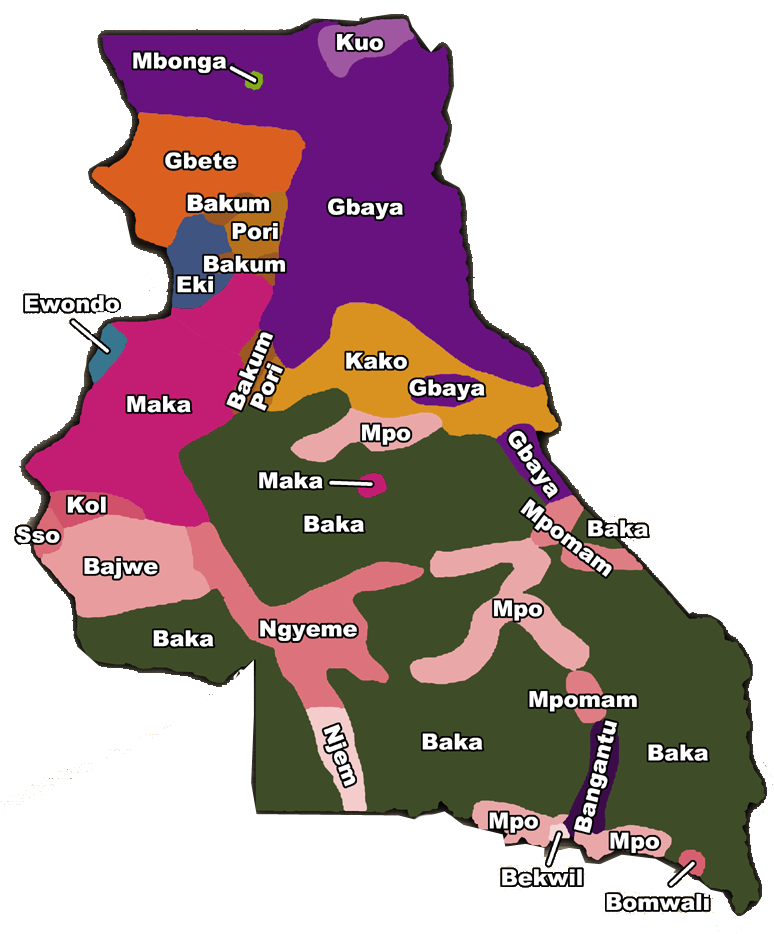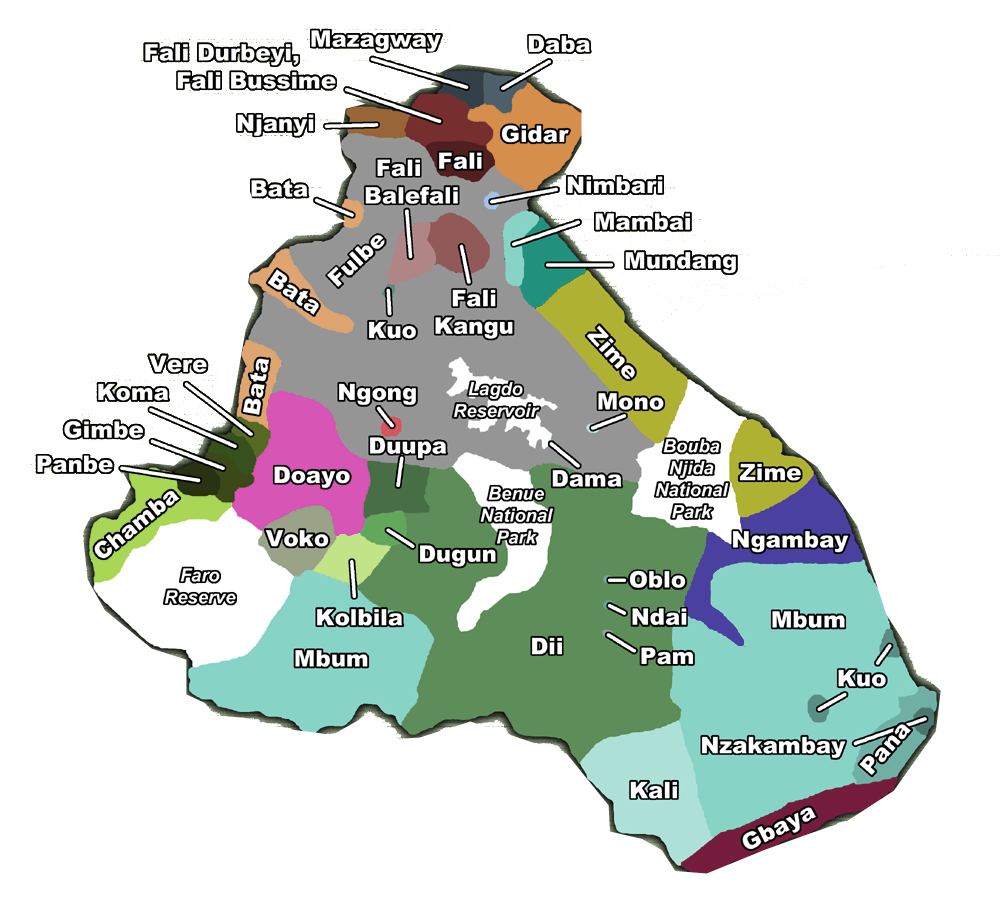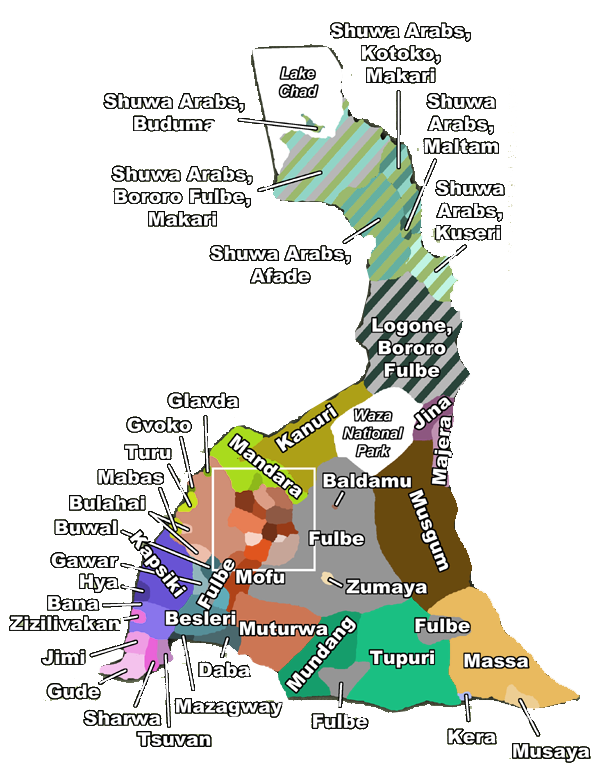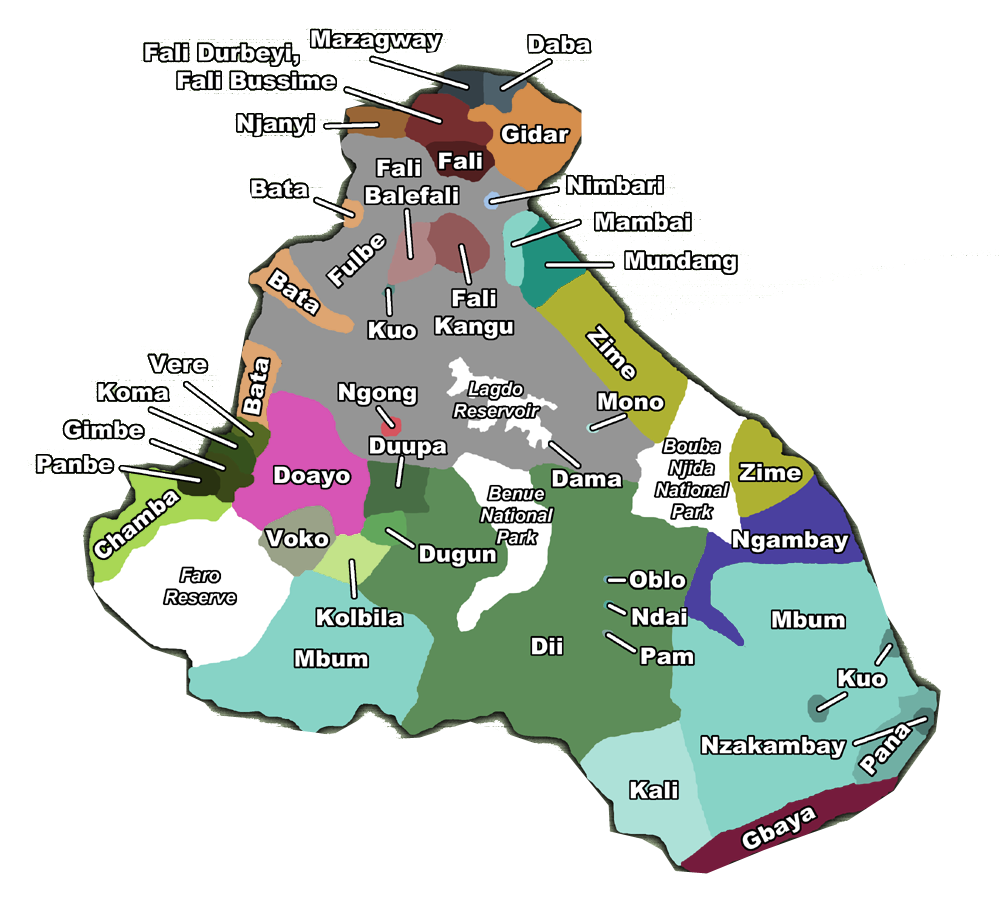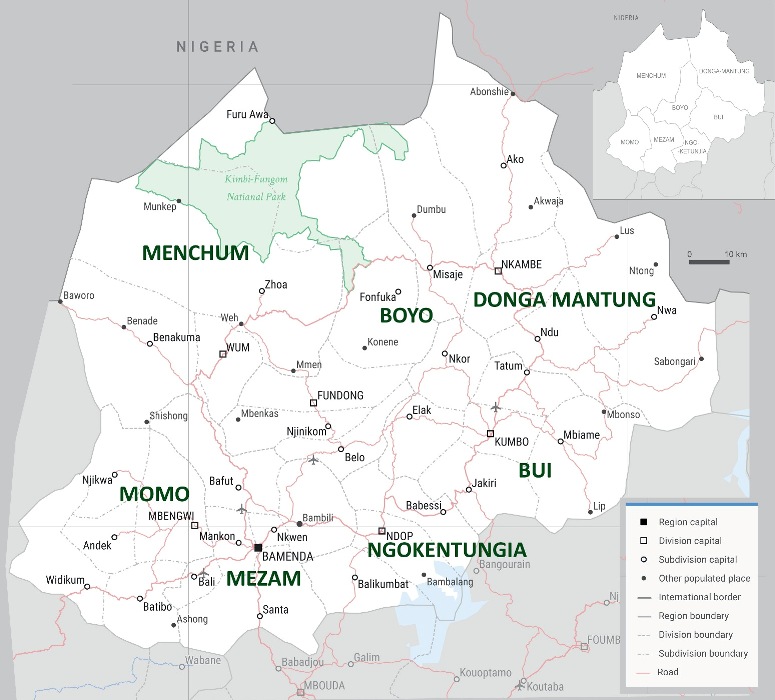The Environmentally Friendly & Conflict-free Agro-Pastoral Initiative - EFCAPI
EXECUTIVE SUMMARY
The Environmentally Friendly and Conflict-Free Agro-Pastoral Initiative (EFCAPI) project is an open partnership solicitation initiative developed by Modern Advocacy Humanitarian Social and Rehabilitation Association (MAHSRA) in line with its NGO operational objectives and complimenting government’s economic, social, environmental and cultural policies including: 2035 Vision, National Development Strategy (NDS), Rural Sector Development Strategy (RSDS) and the National Agricultural Investment Plan (NAIP). Its drafted activity time frame is construed with flexibility that will depend on the availability of programmed resources.
NAIP’s projected growth rate is given at 10% for the rural sector in 2020 and 9.3% for the livestock sub-sector between 2010 and 2020. Such is corroborated with a corresponding increase in reported waves of violent agro-pastoral conflicts brought about by steep competitive need of cultivation and pasture resources and further compounded with environmental and climate change hazards in land degradation and desertification. Without urgent institutional reactions, it is feared such conflicts may evolve to a third country destabilization force following the Boko-haram terrorist crisis in the Far North and Anglophone crisis in the North West and South West regions. Therefore, EFCAPI’s critical and reflective thinking with strategic assessments towards early agro-pastoral conflict warning and response systems, healing psychological wounds of affected persons and communities, and building a progressive, interwoven and sustainable culture of peaceful coexistence among cultivators and herders, becomes inevitable.
With succinct reflection on the mounting disruptive effects of climate change on both development and security that amplifies the root causes of poverty, inequality and conflict, in particular, climate change risks consequences that have exacerbated or even unleashed (armed and social) conflicts, migration and displacement, radicalization, terrorism and criminality, as well as severe humanitarian crises, tactfully, project EFCAPI’s intervention sorts to influence national level policy attention to international norms of good governance. This reflects the security sector governance and reform (SSG/R) goals regarding the management and oversight of the interweaved relationship between climate change consequences and agro-pastoral conflicts. Most importantly, project EFCAPI will be implemented along the guidelines of the 2022 white paper on the future of environmental peace building.
EFCAPI’s long term goal is to improve in a sustainable manner, self-sufficiency of agro-pastoral actors at local and regional levels, in handling more effective and nutritionally enriching cultivation and grazing resources thereby mitigating eventual conflicts that could occur. Its logic of intervention targets different strategic past and current implemented program gaps and builds institutional capacity of target agro-pastoral activity influencers to better lead concerned populations on project goals.
The project, across 4 objective components, plans to provide among others:
- Facilitated mutually agreed land partitioning opportunities for grazing and cultivation purposes within target localities or villages;
- Empowered local actors and communities in agro-pastoral conflict mitigation and management issues;
- Provision of mobile electric fence sets for vulnerable community herders and cultivators;
- Enlightened agro-pastoral actors over effective soil fertility management and pasture fertilization habits in combating soil erosion, land degradation and other climate change vegetation hazards; and
- Trained supportive leaderships (traditional, group, religious and administrative) for accompanying local agro-pastoral actors.
In reflection to ESMF project considerations, as required, a management committee and coordination unit in collaboration with concerned regional and local ministerial delegations may be set-up. Under the supervision of the project’s national EMSP technical support unit, such committees will be technically empowered to monitor and assess the applicable instruments of the social and environmental impacts.
INTRODUCTION
Leaning on the Environmental and Social Management Framework as the rationale that exact location and design of the proposed activities are not known at this time, though the types of potential subprojects may be fairly well defined, EFCAPI as well considers that potential environmental and social impacts of the project activities to be funded cannot be identified through traditional safeguards instruments (e.g. an environmental and social impact assessment). However, the procedural conception, implementation and evaluation have been methodologically drafted out for improved considerations on integrating 4 programmed components with sustainable environmental and social outcomes.
Objective Project Components
- Compliment government and non-governmental efforts in participatory development plans at municipal and village levels for the management and improvement of agro-pastoral resources including the encouragement of land security procedures through cadastral rental opportunities and mutual land partition agreements between cultivators and graziers/herders.
- Create pragmatic awareness, enlightenment and empower agro-pastoral entrepreneurs, groups and other concerned populations over the interdependence of cultivation and grazing activities thus reinforce their capacity on agro-pastoral conflict mitigation and management.
- Develop innovative agro-pastoral techniques for effective soil fertility management and pasture fertilization habits to combat soil erosion, land degradation and other climate change vegetation hazards.
- Improve the sociopolitical and administrative business environment and policy framework to stimulate the growth of improved agro-pastoral environmental friendly and conflict-free localities.
Approach Methodology for Realization
- Conception reflected organization’s peace and sustainable development goals and engaged to address the critical but limitedly investigated phenomenon of agro-pastoral conflicts provoked by population increase and subsistence needs, uncontrolled territorial partitioning for farming and grazing activities, climate change hazards through soil erosion, land degradation and desertification.
- Analyzed case studies, government and civil society efforts, and implemented programs lapses to address agro-pastoral problems within the main cattle grazing zones and regions in the country (including: Far North, North, Adamawa, East, West and North West regions).
- Consulted for information gathering and created program implementation partnerships with herders, cultivators, agricultural producer organizations, traditional rulers (lamidos, other chiefs, quarter heads and traditional councils), local government officials (SDOs and Dos), regional and local administrative staff in all concerned 6 regions (MINADER and MINEPIA), municipal councilors and human rights CSOs.
- Implementation plans are designed to comprehend with study prerequisites that distinguish regional problem specificities and to be addressed according to the specific identified needs for change. This considers the identification of any shortcomings in the institutional, legal and procedural fields of past or current programs and will at the same time make it possible to better train the personnel in charge of such action fields.
- Through 4 objective components, prioritization is provided for capacity building, corporate involvements and public service institutional adhesion in order to foster sustenance and multi-sectorial engagements.
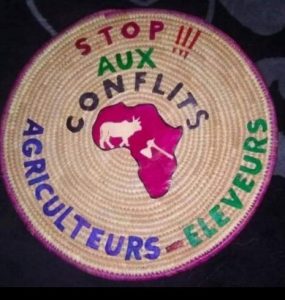 Project EFCAPI have been developed in collaboration, with all stakeholders in mentioned in the draft introduction segment below. The project introduces an innovative model of cattle crazing as a ‘gain-gain’ incentive for graziers and cultivators, as well as with huge benefits for mitigation of environmental hazards and climate change. It can be replicable across many communities within sub-Saharan Africa and therefore a significant approach in conflict management over natural resources.
Project EFCAPI have been developed in collaboration, with all stakeholders in mentioned in the draft introduction segment below. The project introduces an innovative model of cattle crazing as a ‘gain-gain’ incentive for graziers and cultivators, as well as with huge benefits for mitigation of environmental hazards and climate change. It can be replicable across many communities within sub-Saharan Africa and therefore a significant approach in conflict management over natural resources.
